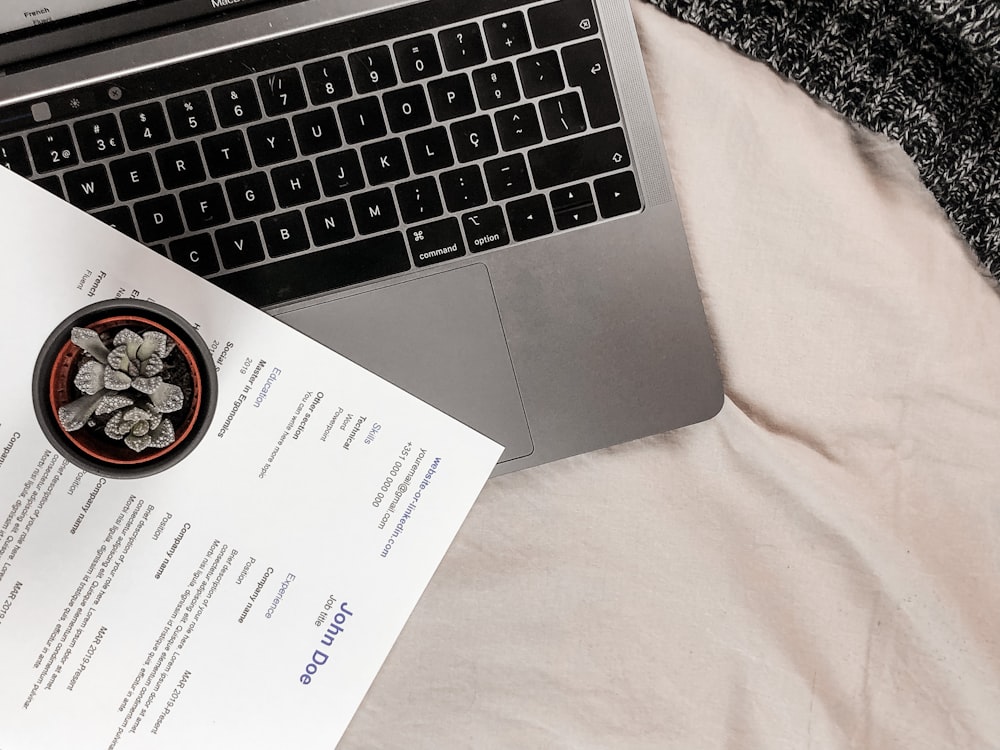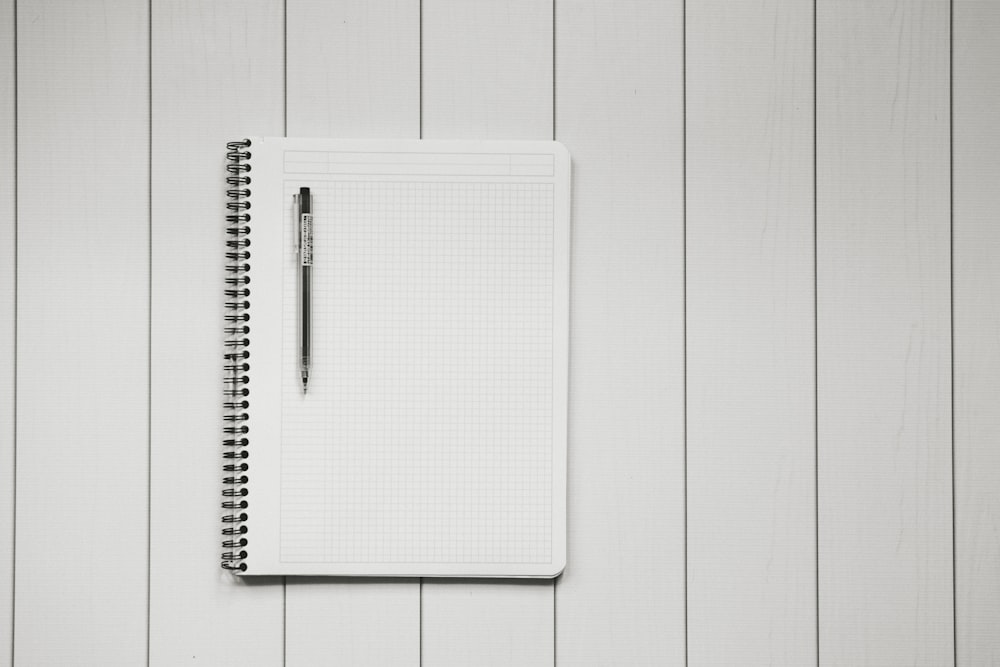The Best Resume And Cover Letter Writing Tips 2021
Looking for some resume and cover letter tips to help you land that next job? Below, we explore all you need to know about writing the best, most engaging, and eye-catching resume imaginable!
A customized resume is a great tactic to boost your chances of getting your dream job, with 61% of hiring managers saying they are more likely to consider a personalized resume.
Attaching a cover letter also boosts your chances of getting a job considerably, by 49%, to be precise.
Below, we explore some great tips and tricks for writing a resume and a cover letter that will wow those who read it.

What Is A Resume?
A resume, also referred to as a CV, is a marketing document that you use to offer yourself to prospective employers.
It should include details about you, your professional past, and your skills, abilities, and achievements.
Finally, it should illustrate why you are the most qualified candidate for the job.
A resume is required when applying for a job. Employers may additionally want a cover letter and a completed application form in addition to your resume.
However, the resume is the most basic requirement for most job applications.
In other words, your resume is crucial when it comes to job seeking.
If you get it right, you'll have an interview in no time; if you do it incorrectly, you'll get rejection after rejection.
Every resume is unique because you want to demonstrate why your set of abilities qualifies you for the job you're applying for at the time, but they all follow a similar format.

What Should I Include In My Resume?
While a CV's layout is adaptable to your specific skill set and experiences, there are certain areas that employers expect to see regardless.
Professional Title, Contact Details And Name
The first portion of your CV, which should be at the top of the page, should include your professional title, name and contact information.
Your contact information, email address, and phone number(s) are crucial when it comes to your contact information.
It was once common to put your complete address on your CV. But today, the minimum requirement is your town/city and county.

Your Profile
One of the essential elements of your resume is your personal profile.
This is a brief paragraph that appears right beneath your name and contact information and gives possible employers an idea of who you are and what you're all about.
Every job you apply for should be tailored to your profile, with specific qualities that fit you to the role highlighted.
Just make sure to keep your statement as brief as possible, and no more than a few sentences.

Experience And Employment History
In the next section, you can write about internships, volunteering, charity work and former jobs in the employment history area.
Basically, you'll want to highlight any experiences that are most relevant to the job you're applying for.
Because your most recent role is the most relevant to the employer, list your experience in reverse chronological order.
List your job title, employer, the dates you worked, and summarize your responsibilities for each position.
Then, to support each claim, demonstrate the result of the experience by using bullet points for essential duties, abilities, and accomplishments, and reinforce each claim using powerful verbs and numbers.

What Is A Cover Letter?
A cover letter is a typed or written document that is sent along with your resume.
It differs from a resume or CV in that, rather than being a written review of your talents and experience, it's created expressly for the job you're going for.
This allows you to highlight specific areas you believe would make you a good fit for the position.
The quickest and most efficient strategy to stand out from the crowd is to use your cover letter.
When you apply for a job, it adds value by allowing the employer to learn more about you, your personality, and what you genuinely want from the position and gain insight into why you're applying.
A cover letter is a required component of practically every job application.
But even when it's not a requirement, it's still a good idea to create one!
You must not only ensure that it sells your skills and qualities to recruiters, but you must also ensure that it is written clearly and simply that it persuades the reader to want to meet you.
Find affordable textbooks at www.textbooknova.com

How To Write A Great Cover Letter?
It's critical to demonstrate that you've done your homework about the organization so you can show that you're the most qualified individual for the role.
The advice on what should appear in the letter varies. But you should describe why you applied for this position, what appeals to you about the role. And why you would love to work for this company.
Keep in mind, it's not about you, it's about the job.
So don't overuse the word "I" in your cover letter; it's about how you meet the employer's needs.
The ideal method is to create an introduction that says what position you're applying for. And why you believe you're a good match based on the ad requirements.
After that, give a three-point overview of why you are an excellent candidate for an interview.
This entices them to peruse your resume more eagerly.

Landing The Job
Obviously, even the best resume and cover letter won't guarantee that you'll land the job.
However, when you have the right resume and the right cover letter, all you'll need to do is to be yourself and answer your potential employer's questions truthfully.
And even if you don't get the job, you'll still have a stellar resume and some newfound job application experience to help you land the next one!


